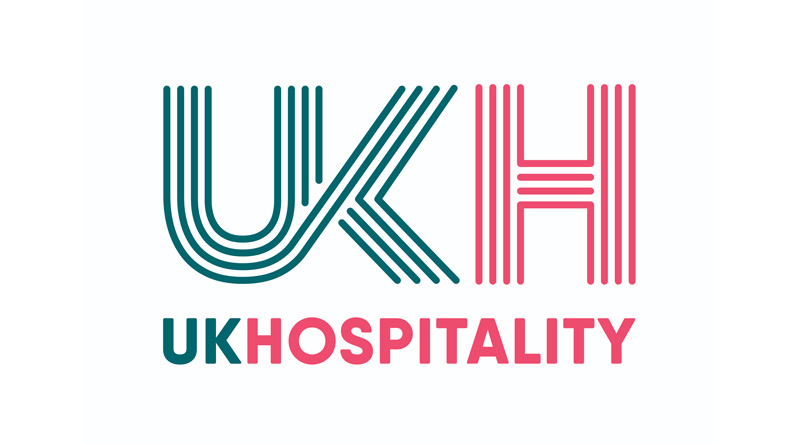Industry trade bodies have given a cautious welcome to the migration advisory committees (M AC) report suggesting that Downing Street should introduce a points-based system for skilled workers already with a job offer, when drawing up its post-Brexit immigration system.
UKHospitality Chief Executive Kate Nicholls said: “The future immigration system needs to work for the entire UK economy. That includes the hospitality sector which is the third largest employer in the country and provides jobs, training and opportunities in every region. Although the vast majority of the sector’s workforce is home-grown, businesses, particularly those in cities, need to bolster their teams with overseas workers. Hospitality is committed to upskilling its domestic workforce, but in the meantime, businesses are going to need to have access to non-UK talent post-Brexit.
“The low-skilled temporary visa route into work can work for our sector, as the majority of migrants in hospitality do not work in highly-paid roles. The MAC’s proposal that Government looks again at how this would work in practice is welcome. A continuing route for these incredibly valuable workers is paramount, particularly as hospitality has had the highest proportionate number of vacancies for the past 18 years. Currently, it runs at 4.0 vacancies per 100 jobs, compared to a figure of 2.6 for the wider economy. The new system must be flexible enough to address sector-specific shortages across the economy and we are happy to work with to make the case for our industry.
“A helpful step forward would be to extend the Youth Mobility Scheme to EU countries and make this a vital part of future trade deals with other countries, thereby providing another route for young workers into the sector.
“The system needs to be flexible to address labour shortages and not focus solely on higher skills. We need skills routes for all and we are certainly willing to work with the Government to ensure the system is responsive, works for the UK and avoids unnecessary bureaucracy and costs for employers.”
, Emma McClarkin, Chief Executive of the British Beer & Pub Association, said:
“The MAC has listened to our calls to reduce the £30,000 minimum salary threshold for skilled workers, but the proposed threshold will still present significant challenges for pubs. On this basis we welcome the proposal for temporary worker routes and sector-based schemes and we will be writing to the MAC calling for a hospitality-based scheme.
“A new immigration system must work for pubs. 85% of pubs are SMEs and the new system must be simple for them to use, particularly the sponsorship process. We want to work with the Government to create an immigration system that can support a thriving pub sector and will continue to engage constructively with the MAC in its changing role. We would also reiterate our concerns around the ambitious implementation timetable for these reforms.”


